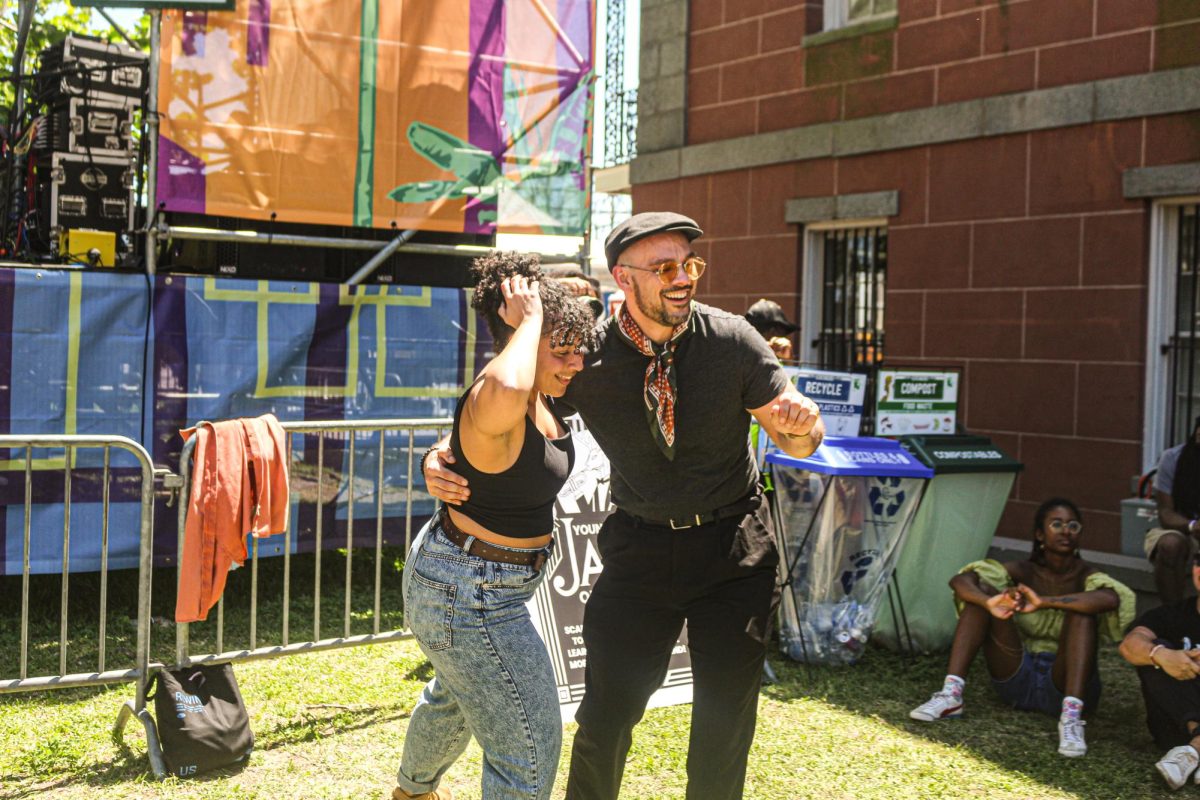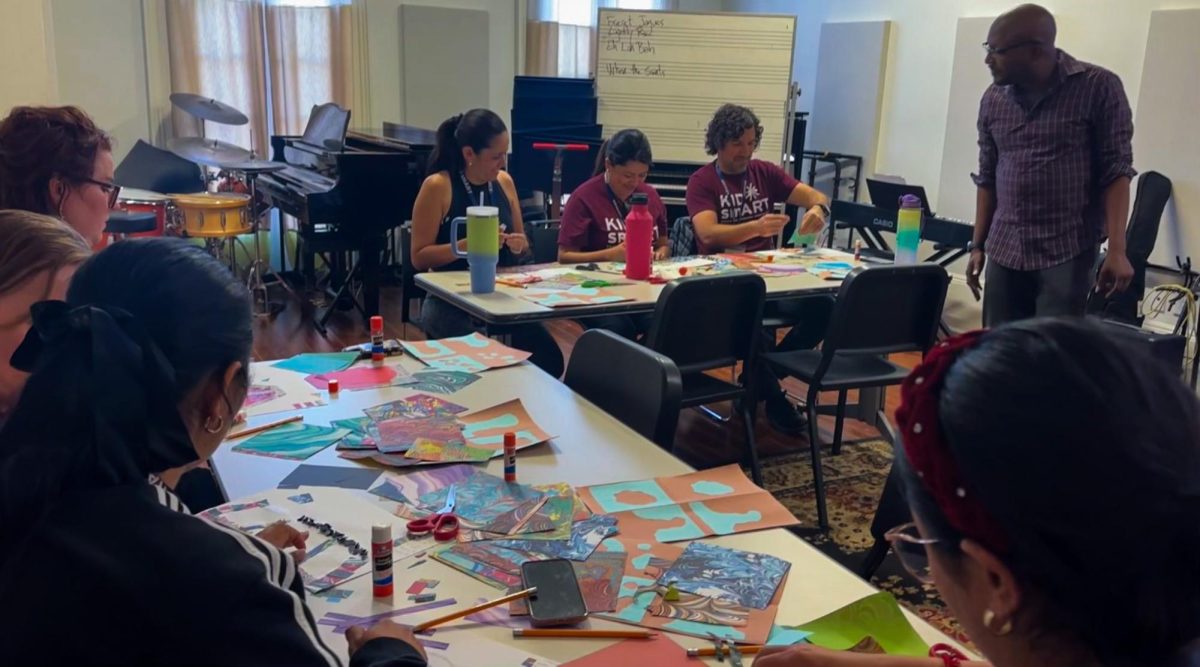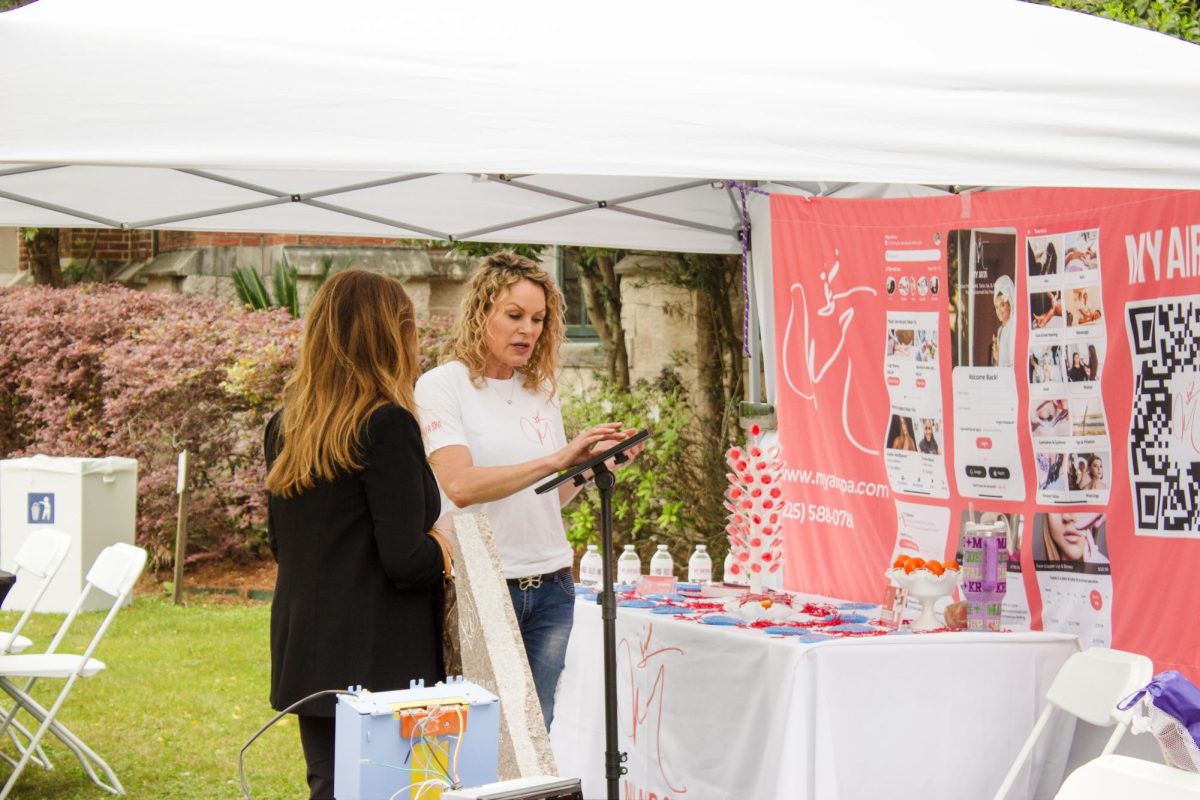The Super Bowl comes to New Orleans on Feb. 9 and will impact the New Orleans economy and the homeless population.
Gov. Jeff Landry implemented a sweep of homeless people, temporarily locating them out of the area surrounding the Super Dome and moving them to a “temporary warehouse facility” citing “safety concerns” in a Jan. 1 executive order. The American Civil Liberties Union of Louisiana and 11 other community organizations sent letters to the governor and argued on behalf of the relocated homeless population. These community organizations are calling this a temporary, “band-aid” solution for the problem. The state of Louisiana released $16 million to operate this temporary housing facility. The city of New Orleans had a conflict with Landry’s plans for the homeless, according to city officials during Landry’s order to send in state troopers to close homeless encampments. According to UNITY, a homeless services nonprofit, it was given $15 million dollars from the Department of Housing and Urban Development to begin providing permanent housing to homeless New Orleans residents. The Super Bowl sweep caused the city’s plans to be delayed.
“Evidence-based best practices for ending homelessness are centered on permanent housing with supportive services,” said Martha Kegel, Executive Director of Unity, to CNN.
There are “serious concerns” about the conditions at the state center, according to Louisiana Councilperson Lesli Harris in an interview with Verite News. Residents were already in the process of moving into the facility, though the facility was not ready for residents. Upon visiting, Harris identified issues, including a need for lined cots and additional bedding, a sewer line issue forcing residents to use the only two available outdoor portable toilets, and no television or phones being available for residents to use to contact family and loved ones. Harris also added that services like mental health and case management were not yet functional. The city is continuing its efforts to permanently house the homeless population, saying in a statement from the Mayor’s Office:
“Despite delays caused by state-led sweeps in the fall, the program has aided significant progress: 275 individuals have been housed from inner-core encampments, with eight encampment sites closed and the rehousing completed at an additional six sites throughout downtown.”
The city said they were still looking for permanent solutions to the issue.
“The City looks forward to leveraging state support to strengthen its approach and help create sustainable, permanent housing solutions. In 2025, The City of New Orleans will continue to focus its resources on rehousing individuals from encampments and its low-barrier shelter.” Another impact the Super Bowl has is on the economy.
“This will bring prosperity to the economy,” said Walter Block, an economics professor at Loyola University New Orleans. Walter Block also said the Super Bowl is, “like an export” and is similar to other Louisiana exports, such as jazz.
“Local businesses will do better, certainly restaurants. But then, when restaurants do better, so will the fishermen, so will the people producing food right here. The waiters, the busboys. If it were up to New Orleans, and they offered us the Super Bowl, we’d be very foolish to say no.” Said Block.
According to Jay Cicero, the CEO of the Greater New Orleans Sports Foundation, in an interview for Fox 15 News, the last time New Orleans hosted the Super Bowl was in 2013 and it brought in $480 million dollars. This year, he expects it to be around $500 million.

















